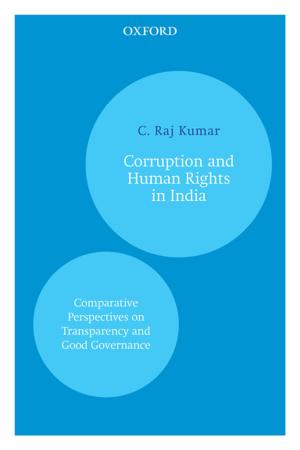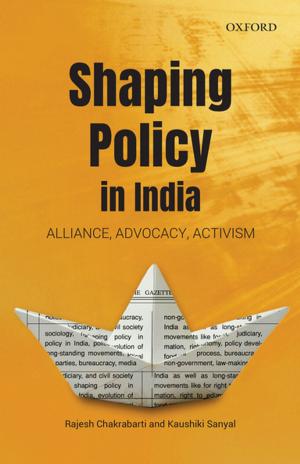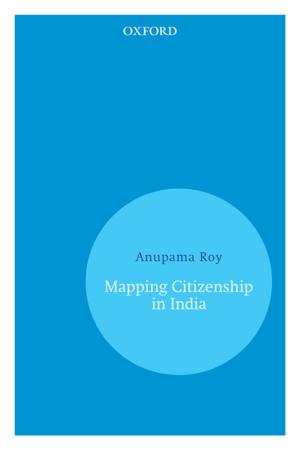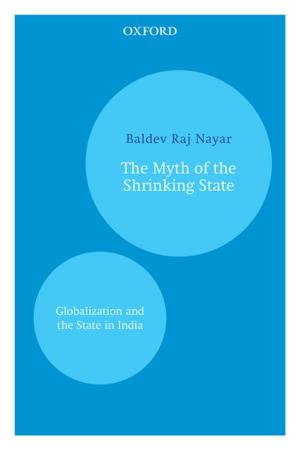The US–India Nuclear Pact
Policy, Process, and Great Power Politics
Nonfiction, Social & Cultural Studies, Political Science, International, International Security, International Relations| Author: | Harsh V. Pant | ISBN: | 9780199088522 |
| Publisher: | OUP India | Publication: | August 5, 2011 |
| Imprint: | OUP India | Language: | English |
| Author: | Harsh V. Pant |
| ISBN: | 9780199088522 |
| Publisher: | OUP India |
| Publication: | August 5, 2011 |
| Imprint: | OUP India |
| Language: | English |
The signing of the US–India civilian nuclear agreement in 2008 is a milestone in the geopolitics of the twenty-first century—one that has virtually rewritten the rules of the global nuclear order. It has also transformed the relationship between the world's oldest and largest democracies. Harsh V. Pant's book is the first detailed examination of this major policy initiative as well as the process by which this pact came to fruition. Pant identifies a range of issues at the structural, domestic, political, and individual levels that have shaped the recent trajectory of the US–India relationship. He analyses the three-year long negotiating process with a special focus on how political leaderships in both states managed domestic opposition to the pact. The author locates the agreement in the context of the broader debate over the role of international institutions in global politics.
The signing of the US–India civilian nuclear agreement in 2008 is a milestone in the geopolitics of the twenty-first century—one that has virtually rewritten the rules of the global nuclear order. It has also transformed the relationship between the world's oldest and largest democracies. Harsh V. Pant's book is the first detailed examination of this major policy initiative as well as the process by which this pact came to fruition. Pant identifies a range of issues at the structural, domestic, political, and individual levels that have shaped the recent trajectory of the US–India relationship. He analyses the three-year long negotiating process with a special focus on how political leaderships in both states managed domestic opposition to the pact. The author locates the agreement in the context of the broader debate over the role of international institutions in global politics.















